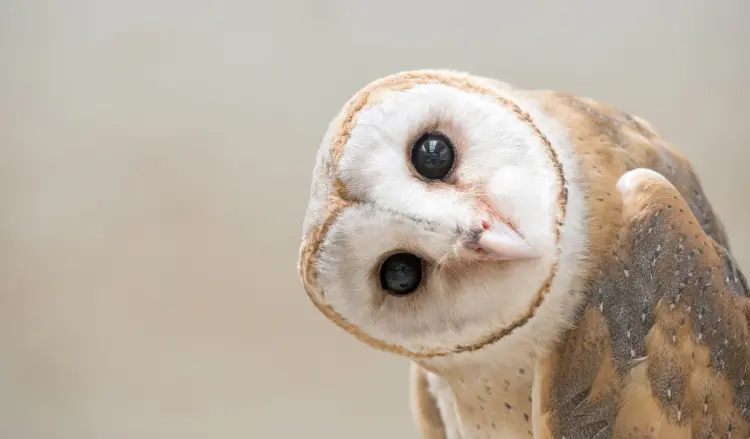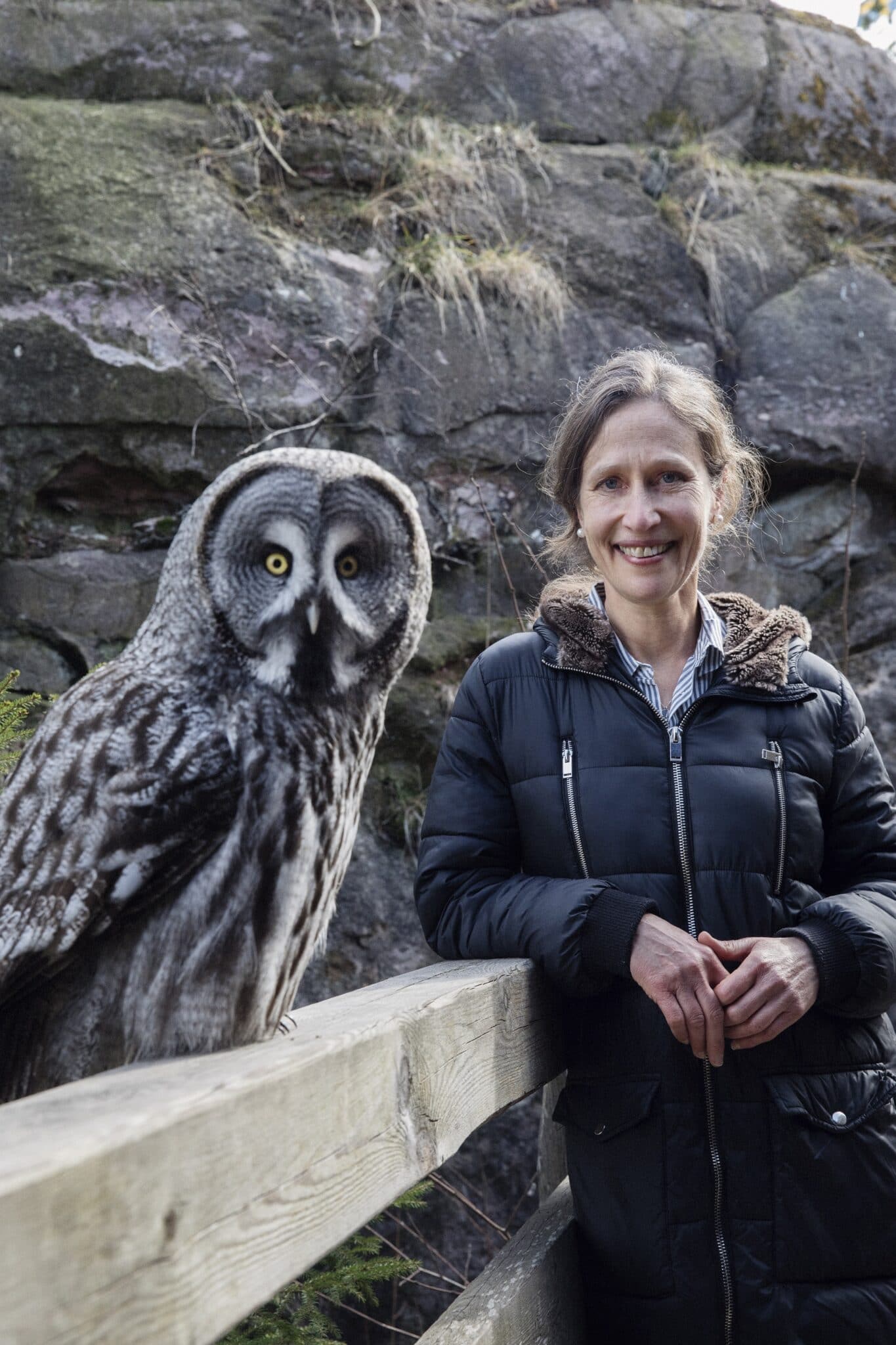The Bird Way: a new look at the true nature of avian intelligence
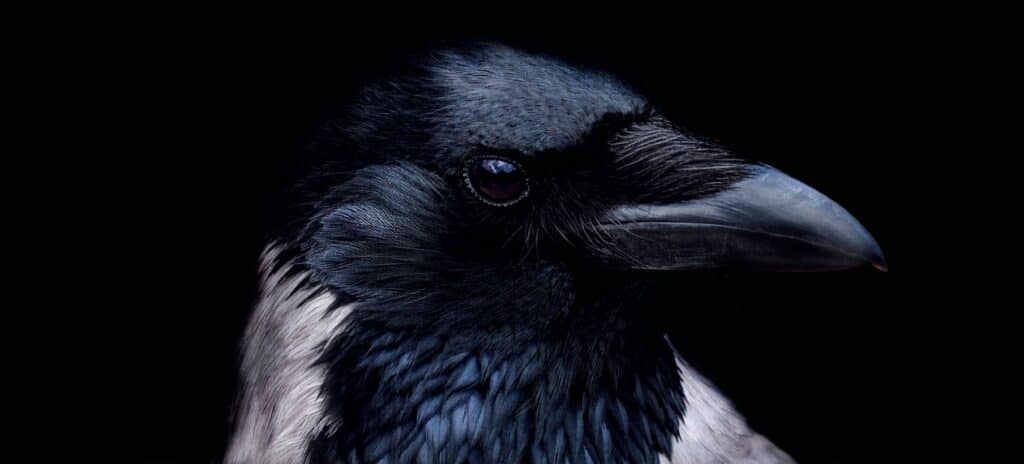
Scientists are taking a fresh look at how birds talk, work, play, parent and think. From what they’re discovering, it seems there is more than one way to make a highly intelligent mind. We interview Jennifer Ackerman, author of The Bird Way, on what this means for our perceptions not only of birds, but also ourselves.
Mirea Peris
In the past, naturalists thought that birds had small brains only capable of simple processes. But today, the expression ‘bird brain’ is no longer a disparaging descriptor. Author of the New York Times best-seller The Genius of Birds, Jennifer Ackerman shines a light on the nature of animal intelligence through birds in her latest book, The Bird Way. Combining modern research with personal experience, she gives us a new look at how birds play, talk, parent, work and think, showing us that they are capable of activities we once considered unique to our own kind – such as manipulation, altruism or communication among species – and proving that our avian friends are far more complex than we ever imagined. As prominent biologist E. O. Wilson said: “When you have seen one bird, you have not seen them all.”
You’ve been writing about science and nature for many years, from the human body to oceans – why did you decide to pick birds’ brains?
As a bird lover and science writer, I am an avid reader of scientific journals. Recently, I started noticing an abundance of new research on birds’ behaviour, and saw that our understanding of birds was shifting. I’ve been a birdwatching enthusiast since I was a kid – I used to think: “What is going on in their minds when they are going about their daily lives?” – so the whole idea of birds being more intelligent than we thought fascinates me. I always believed birds were very resourceful, but writing these books has been revealing! How can a tiny brain have such an extraordinary capacity?
Why use expressions like ‘the bird way’ or ‘genius’, and not just ‘intelligence’?
I like ‘genius’ because, in my understanding, the word includes not only exceptional abilities but also the ‘genius’ of evolution: how adaptation creates extraordinary skills to find solutions. A few years ago, I got intrigued by the quote “There is a mammal’s way and there is a bird’s way,” and understanding what it meant. Birds have these remarkable mental capacities because they have had to solve difficult ecological and social problems – just as we have. I hope the title of my latest book raises the question: “Do birds actually have a ‘way’ of being in the world?”, and motivates people to learn more about these feathered masterminds.
Above: Corvids are well known for their intelligence but notably lack a neocortex – found in the brains of ‘clever’ primates. However, says Ackerman: “New findings show that birds do, in fact, have a brain structure comparable to the neocortex, though it takes a different shape.” © Philip Openshaw / Shutterstock
“The way we understand other creatures is currently changing, and the unexpected capabilities and behaviours of birds have been a key part of this progress.”Jennifer Ackerman
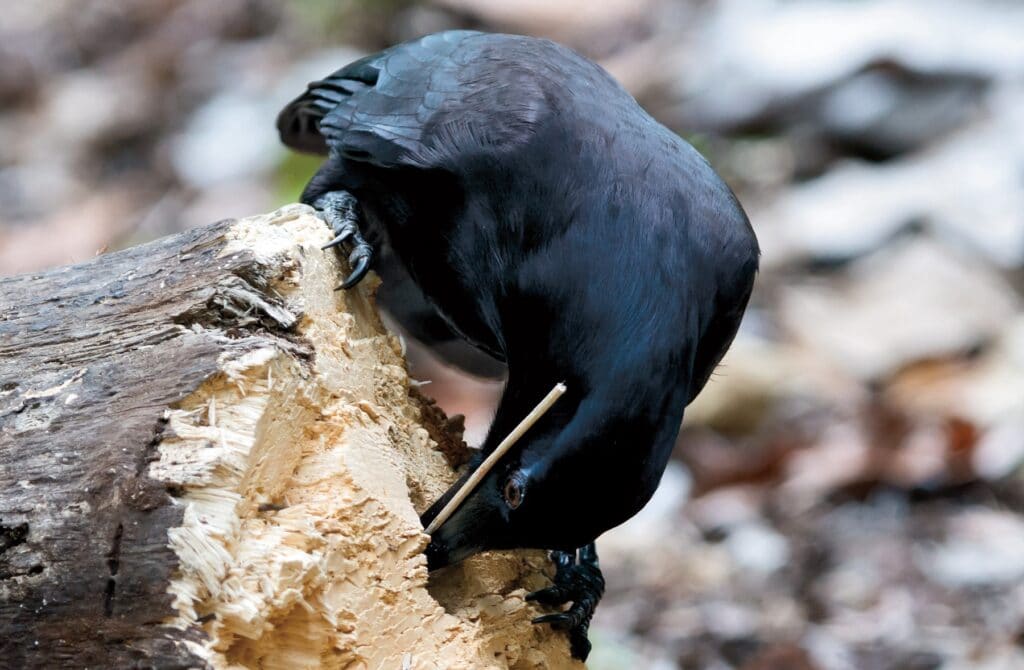
Humans sometimes tend to anthropomorphise other creatures in an attempt to understand their behaviours. How do you overcome this instinct?
The idea of attributing to non-human species mental qualities we consider unique to humans is very controversial… My job is to be a translator of ‘hard science’ and make it both engaging and accurate. I think the way we understand other creatures is currently changing, and birds have been a key part of this progress.
Through research, scientists are observing unsuspected capabilities and behaviours we thought unique to humans. For example, members of the corvid family were documented playing in the snow for pleasure and assembling complex tools that a 3-4 year old child could not; and lyrebirds were observed learning other species’ calls to fool their own kind. Some birds, such as Japanese Tits, may even use grammatical rules to decode combinations of alarm calls, while Pied Babblers have alarm calls that appear to encode messages that go beyond the meaning of their individual parts – both interesting parallels with human language. So I would say it is not anthropomorphism, but scientific observation and research.
In your book you explain amazing behaviours from many different bird species. Which is your favourite?
This is such a difficult question! I used to answer chickadees, as I have always been amazed by their complex communication skills, but the bird I fell in love with while writing The Bird Way was the Kea. These birds are so child-like – smart and exploratory – and they even have a ‘play-call’ that elicits them to play and chase each other, which is quite an amusing thing to watch.
One of the problems with humans abusing nature is that we consider ourselves to be ‘higher’ than other species. With your perspective on avian intelligence, what do you make of this?
Birds show there are different ways to wire a smart brain. Their behaviour helps us realise we are not as unique as we thought. Rachel Carson wrote: “The more clearly we can focus our attention on the wonders of life around us, the less taste we shall have for destruction.” More than ever, birds are threatened by habitat destruction and climate change. We must work to ensure we have the chance to learn more from them (and other species) in the future. I hope my books promote an appreciation for birds as the innovative and thoughtful creatures they are. Maybe, by better understanding the intelligence of other non-human species, we will treat nature with the respect it deserves.
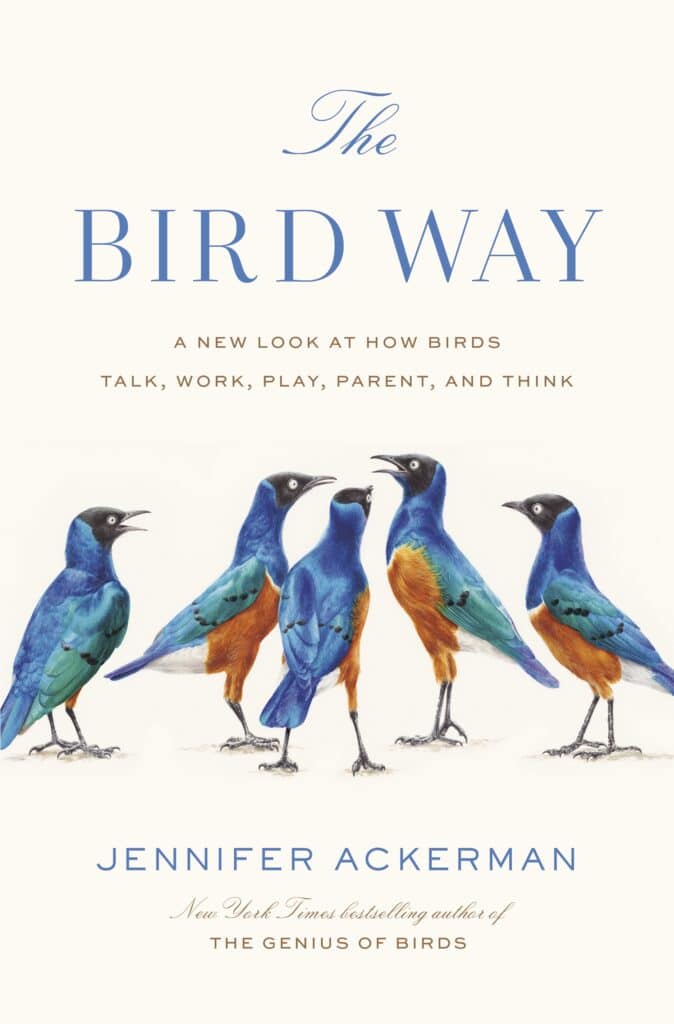
Find out more at jenniferackermanauthor.com
Stay up to date
Sign up to receive the latest bird conservation news. You’ll also receive updates about our projects, science and other ways to get involved including fundraising.
Thank you for your support, we are committed to protecting your personal information and privacy. For more information on how we use your data, please see our Privacy Policy. You can unsubscribe from emails at any time by using the link in the footer of any email from us.
